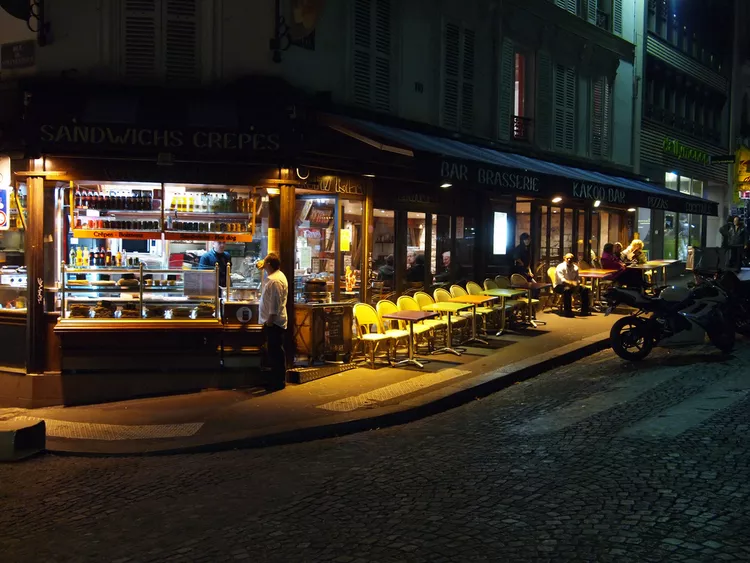1. Overview
This article discusses the recent nocturnal regulations impacting nightlife in Paris, highlighting the pros and cons for both local residents and visitors.
2. Nightlife in Paris
Compared to New York or London, Paris isn’t a particularly noisy city, and nightlife rowdiness is relatively rare in a culture where most locals drink and party moderately.
However, since the 2008 smoking ban took effect in France, smokers have been pushed to congregate on sidewalks outside bars and clubs, resulting in a surge of noise complaints. Consequently, local police have issued fines more stringently, effectively forcing popular bars and clubs in the capital to close earlier.
As a result of this crackdown on noise, dispirited DJs and club owners are reportedly fleeing Paris in droves for more noise-tolerant places like Berlin, claiming that the City of Lights is fast becoming the City of Sleep.
3. Pros and Cons
Particularly for many residents in Paris’ most-frequented nightlife districts, the recent regulations have come as a relief. Paris is one of the world’s most densely populated cities, and with many ground floors of residential apartment buildings housing bars and restaurants lacking good insulation, it’s understandable why neighbors get irked by the noise. However, lively neighborhoods such as Oberkampf would lose much of their charm and appeal with a diminished nightlife scene: the bar and club scenes are crucial components of their attraction. Also, earplugs can be remarkably effective, especially against unnecessary chatter. Therefore, the question arises: who is in the right? A closer look at the regulations provides more insight.
4. Understanding the Rules
Examining nationwide regulations regarding nighttime noise reveals they are quite reasonable. Between 10:00 PM and 7:00 AM, bars, clubs, and other nightlife establishments with outdoor seating must endeavor to keep noise levels below three decibels, while “ambient” noise levels (the kind you hear during normal conversation) can be much higher. This means patrons can generally converse comfortably late into the night, even while seated outdoors. Between 7:00 AM and 10:00 PM, noise levels should be kept below five decibels. Notably, fines are typically assigned only if excessive noise is prolonged; a brief shout here or there won’t earn bar or club owners citations.
Moreover, establishments playing live or recorded music are required to install appropriate insulation and keep doors closed, with possible fines of up to 1,500 € and confiscation of equipment should violations occur.
The good news? Patrons themselves are not fined! While visitors don’t need to worry about penalties, it’s advisable to be considerate of the neighbors and keep voices down to mellow levels after 10 PM if you’re sitting outside.
5. Conclusion
Obviously, nightclub and bar owners aren’t pleased with the more stringent regulations, and those seeking an exciting night out often complain that the crackdown is transforming Paris into the “City of Sleep” or the “Capital of Boredom.” Students and young travelers may indeed find the ambiance here a little quieter than in comparable European capitals, particularly in “party towns” like Barcelona. However, the more moderate and laid-back nightlife scene may be more suitable for some travelers. Ultimately, it all boils down to personal taste and temperament.





